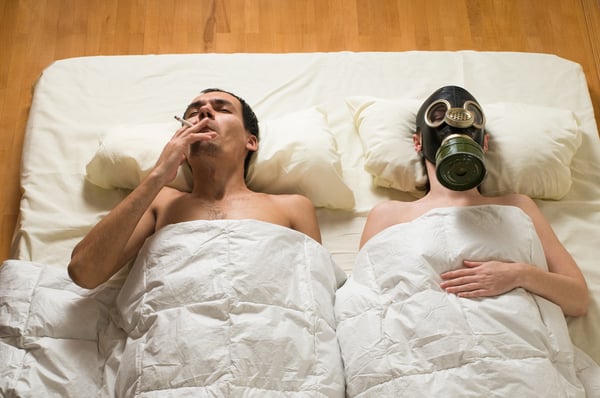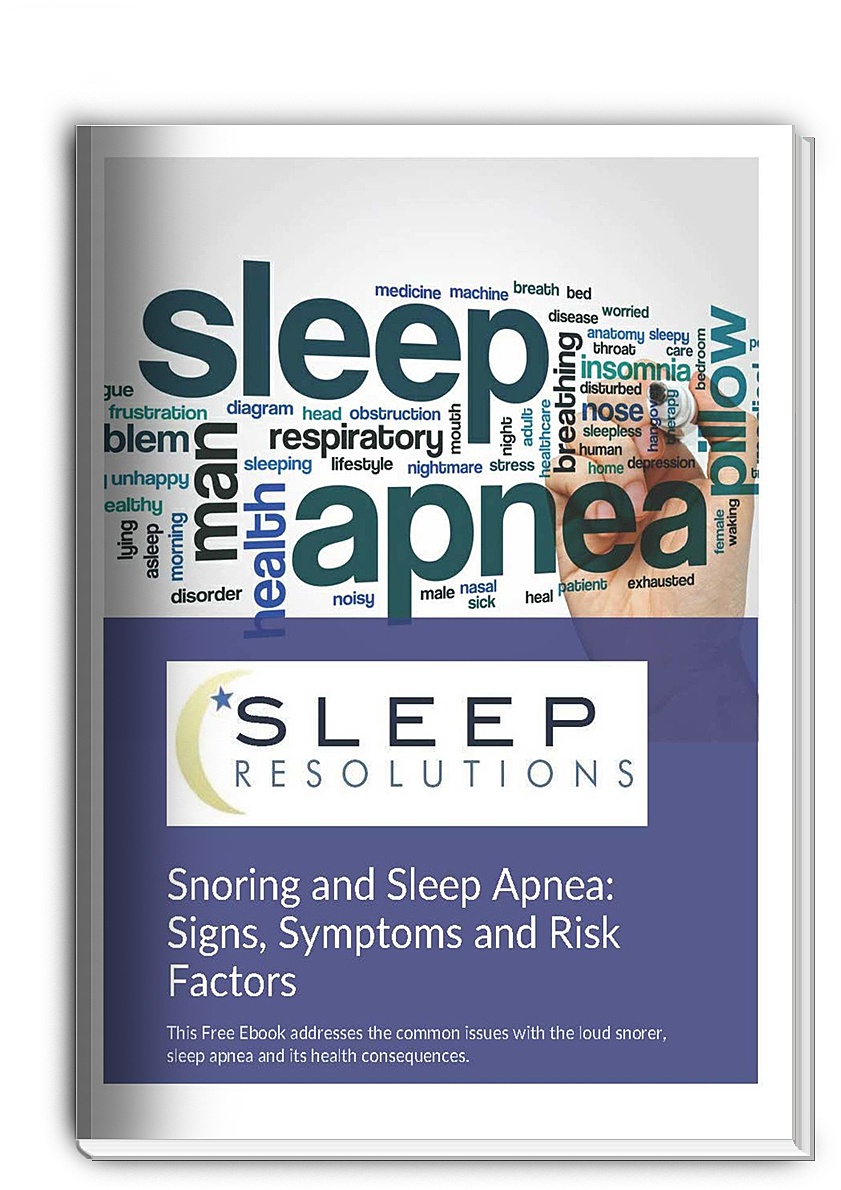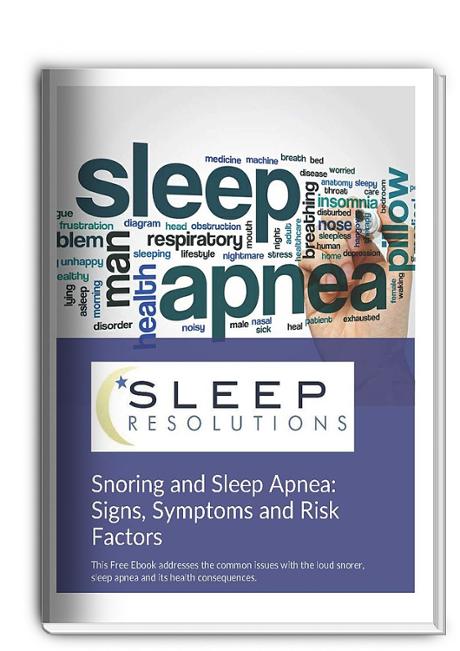
According to the CDC, there are still an estimated 37.8 million Americans that are current tobacco smokers in the United States.
Why is this number important to us here at Sleep Resolutions? We know there is a correlation between smoking and obstructive sleep apnea, and we've found that people are less likely to seek out treatment for their symptoms if they smoke.
We understand that quitting smoking is a daunting task and is a choice that our patients must make on their own. Our primary focus will always be to treat sleep disorders including obstructive sleep apnea even if you decide to continue smoking.
Although we don’t encourage anyone to continue smoking, and we certainly can share the tremendous data behind the benefits of quitting, our primary concern is to help diagnose and treat patients for their sleep disorders.
Smoking and Snoring
Habitual snoring is snoring three or more times a week that disrupts sleep patterns of the individual or their sleep partner. Research shows that there is a direct correlation between smoking and snoring. The more a person smokes, the more likely they are to snore, and the more frequently they snore throughout the week.
There are several ways smoking impacts your sleep.
One way that tobacco use impacts your sleep is by causing inflammation in the tissues in the upper airway. The inflammation restricts airflow, and extra mucus is made to coat the inflammation. As the airway is narrowed, the movement of air in a pinched space causes vibrations, otherwise known as snoring.
Congestion, post-nasal drip, and narrowing of the upper airways are the culprits of snoring for smokers.
Many studies have explored the connection between sleep apnea and snoring and found that the risk of snoring is at least two times more likely for current smokers than those that do not smoke. Although the risk is lower for those that have quit smoking, previous smokers are still more likely to snore than those that have never consumed tobacco products.
Now we know the correlation between smoking and snoring, how does smoking impact those that suffer from obstructive sleep apnea (OSA)?
Smoking and OSA
For those that know the struggle of untreated OSA can speak to the overwhelming difficulties of losing sleep. Inadequate sleep impacts every aspect of our lives. Sleep can be such an underrated part of our overall health and well-being. Even just a few nights of poor sleep can leave our immune systems compromised, give us brain fog, increase our chances of getting into a vehicle accident, appear tired and sad, struggle to multitask, and even make us more emotional.
When we have prolonged periods of poor sleep, we put ourselves at a greater risk for diabetes, cardiovascular disease, hormonal irregularities, obesity, and mental health disorders, as you can see sleep is a big deal and should be a big part of our daily self-care.
Patients that have been diagnosed with OSA and also smoke typically have more severe symptoms and more pauses in their breathing throughout the night than patients that do not smoke. Smoking reduces the opening in the upper airways, causes congestion, creates post nasal drip, and leads to interruptions in sleep patterns.
Smokers go through nicotine withdrawal symptoms throughout the night which can arouse the body from sleep. When patients’ smoking is combined with OSA the interruptions in sleep can have an even greater impact on the quality of sleep on patients.
Sleep Resolutions wants to stress that with the elevated risk for more frequent and more severe symptoms that occur for patients that are diagnosed with OSA and also the associated health concerns with smoking, it is important for them to seek treatment for their OSA.
Tips For Using Your CPAP if You Smoke
Although we would encourage you to stop or decrease smoking after being diagnosed with OSA, our focus will be on making sure you are getting the best night of sleep possible.
Here are some tips we offer our patients for using their CPAP machine.
-
Keep your machine and mask exceptionally clean. You will need to clean your equipment more often due to all the chemicals in the smoke.
-
Switch to hypoallergenic filters. These filters are more likely to catch the smallest of irritates and debris while preventing more build up in your equipment.
-
Find nasal strips that work for you. As stated above, smoking causes inflammation and congestion. Nasal strips help open the nasal passageway. Nasal strips can help improve your experience with your mask. Read more about how nasal strips help with CPAP therapy.
-
Try full face masks. They allow for you to breathe through your nose or your mouth without losing the effectiveness of your CPAP. If you have swelling or congestion in your nose, you'll breathe through your mouth (and vise versa). A full face mask will allow you to breathe either way and remain compliant with your sleep therapy.
Non-compliance with your CPAP has more severe impacts on those that smoke and treatment is crucial.
Tips on quitting smoking
We understand that not everyone is ready to quit smoking but reducing consumption can even benefit CPAP users. Sleep Resolutions will work with you to treat your OSA no matter where you are on quitting smoking. Some studies have suggested that patients that maintaining consistent compliance with CPAP therapy makes it easier to kick the habit to the curb.
Here are some tips for kicking that habit to the curb.
-
Get support. Find a medical provider that will work with you at your pace. Having support in your family and your providers can make a big difference.
-
Be patient with yourself. There is a reason its an addiction. Quitting can take time.
-
Have a plan for situations that make you want to smoke. A plan can give you the tools you’ll need for saying “no” when you want to smoke.
-
Wait out the craving. Typically a craving lasts between three to five minutes.
Final Thoughts
Sleep Resolutions is here for you along your sleep journey. As always, our priority is helping our patients get a better night sleep and improve your sleep health. If you have any questions on how smoking can impact your OSA or want to chat about any concerns you have about sleep, feel free to reach out to us.










Leave a comment